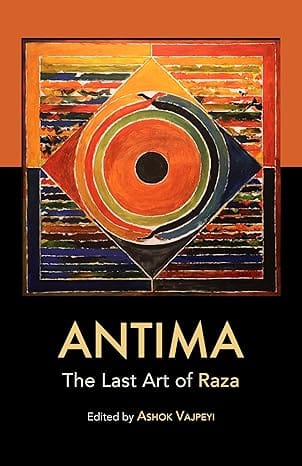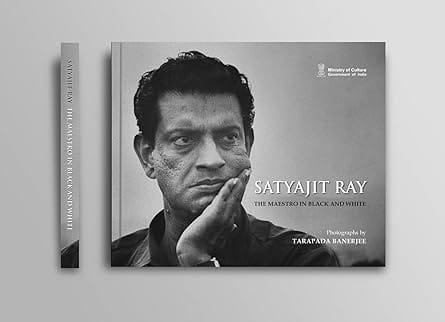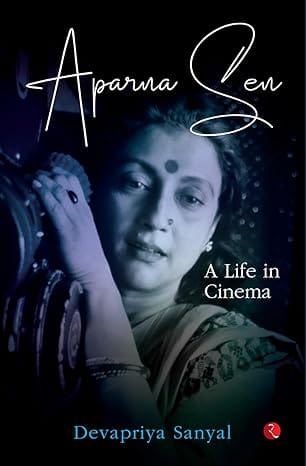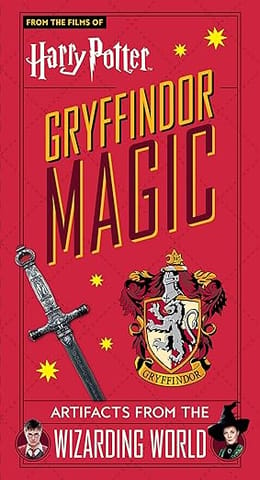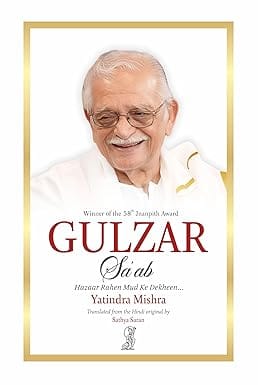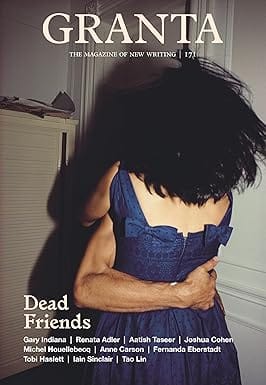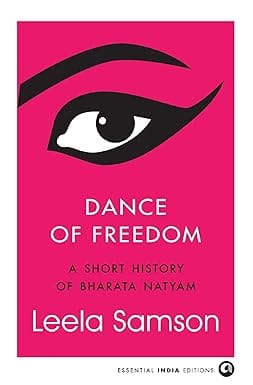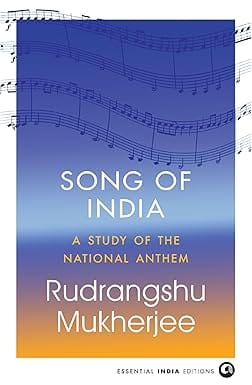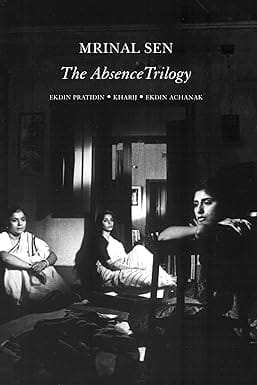WELCOME TO MIDLAND BOOK SHOP!
SHOP FOR
- Non-ficton
- Non-ficton
- Contemporary Fiction
- Contemporary Fiction
- Children
- Children
- Comics & Graphic Novels
- Comics & Graphic Novels
- Non-Fiction
- Non-Fiction
- Fiction
- Fiction
Shop No.20, Aurobindo Palace Market, Hauz Khas, Near Church +91 9818282497 | 011 26867121 110016 New Delhi IN
Midland The Book Shop ™
Shop No.20, Aurobindo Palace Market, Hauz Khas, Near Church +91 9818282497 | 011 26867121 New Delhi, IN
+919871604786 https://www.midlandbookshop.com/s/607fe93d7eafcac1f2c73ea4/677cda367903fd013d69b606/without-tag-line-480x480.png" [email protected]9789363361690 68ada74a63b761a02a0719cd Antima The Last Art Of Raza https://www.midlandbookshop.com/s/607fe93d7eafcac1f2c73ea4/68ada74d63b761a02a0719d5/812ima4sqnl-_sy466_.jpg 9789363361690
"Syed Haider Raza has been described as one of India’s most seminal modernists. His richly coloured canvases fused Indian spiritual philosophy and symbolism with Western avant-garde ideas to stunning effect, and his works came to be among the most highly valued among collectors of Indian art. Shortly after co-founding the Progressive Artists Group in Bombay in 1947, Raza moved to France, where he lived and painted for the next sixty years. In 2011, approaching ninety, he returned to the country of his birth, and spent the remaining five years of his life in Delhi. This turned out to be the most productive phase of his life. As his friend of several decades, the poet and scholar who has edited this collection, Ashok Vajpeyi writes: ‘Raza must have had some intimation that his last years were upon him. Yet his lifelong zest for art, and the urge to paint almost every day did not dim…barring the days he had to spend in hospital, he would invariably reach his studio and sit before the canvas on the easel. This was not merely routine: this was enthusiasm for discovering something unprecedented in colours. As if his fingers had become his eyes… The art that was born was a communion with essential elements encompassing human discovery and divine presence. The cosmic dimension was being manifested in a geometry which was simultaneously painterly and meditative.’ These late works constitute a distinct body, and in their essays, the scholars and art critics Yashodhara Dalmia, Udayan Vajpeyi, Uma Nair, Archana Khare, Vandana Kalra and the editor himself, explore these works with skill and sensitivity. Comprising these illuminating essays and over fifty of Raza’s paintings, this is a book for every lover of art."
About the Author
"Ashok Vajpeyi is a poet, essayist, literary critic and scholar of art, apart from being a noted cultural and arts administrator, and a former civil servant. He was chairman, Lalit Kala Akademi, from 2008 to 2011. He was awarded the Sahitya Akademi Award and the Dayavati Modi Kavi Shekhar Samman in 1994, and the Kabir Samman in 2006."
in stockINR 479
1 1
Email ID already exists!
Your Current password is incorrect
Password Updated Successfully
Thanks for your Feedback
Antima The Last Art Of Raza
ISBN: 9789363361690
₹479
₹599 (20% OFF)SIZE GUIDE
Sold By: Hauz Khas - Aurobindo Market
Details
- ISBN: 9789363361690
- Author: Ashok Vajpeyi
- Publisher: Speaking Tiger
- Pages: 120
- Format: Hardback
Book Description
"Syed Haider Raza has been described as one of India’s most seminal modernists. His richly coloured canvases fused Indian spiritual philosophy and symbolism with Western avant-garde ideas to stunning effect, and his works came to be among the most highly valued among collectors of Indian art. Shortly after co-founding the Progressive Artists Group in Bombay in 1947, Raza moved to France, where he lived and painted for the next sixty years. In 2011, approaching ninety, he returned to the country of his birth, and spent the remaining five years of his life in Delhi. This turned out to be the most productive phase of his life. As his friend of several decades, the poet and scholar who has edited this collection, Ashok Vajpeyi writes: ‘Raza must have had some intimation that his last years were upon him. Yet his lifelong zest for art, and the urge to paint almost every day did not dim…barring the days he had to spend in hospital, he would invariably reach his studio and sit before the canvas on the easel. This was not merely routine: this was enthusiasm for discovering something unprecedented in colours. As if his fingers had become his eyes… The art that was born was a communion with essential elements encompassing human discovery and divine presence. The cosmic dimension was being manifested in a geometry which was simultaneously painterly and meditative.’ These late works constitute a distinct body, and in their essays, the scholars and art critics Yashodhara Dalmia, Udayan Vajpeyi, Uma Nair, Archana Khare, Vandana Kalra and the editor himself, explore these works with skill and sensitivity. Comprising these illuminating essays and over fifty of Raza’s paintings, this is a book for every lover of art."
About the Author
"Ashok Vajpeyi is a poet, essayist, literary critic and scholar of art, apart from being a noted cultural and arts administrator, and a former civil servant. He was chairman, Lalit Kala Akademi, from 2008 to 2011. He was awarded the Sahitya Akademi Award and the Dayavati Modi Kavi Shekhar Samman in 1994, and the Kabir Samman in 2006."
User reviews
NEWSLETTER
Subscribe to get Email Updates!
Thanks for subscribing.
Your response has been recorded.

India's Iconic & Independent Book Store offering a vast selection of books across a variety of genres Since 1978.
"We Believe In The Power of Books" Our mission is to make books accessible to everyone, and to cultivate a culture of reading and learning. We strive to provide a wide range of books, from classic literature, sci-fi and fantasy, to graphic novels, biographies and self-help books, so that everyone can find something to read.
Whether you’re looking for your next great read, a gift for someone special, or just browsing, Midland is here to make your book-buying experience easy and enjoyable.
We are shipping pan India and across the world.
For Bulk Order / Corporate Gifting
 +91 9818282497 |
+91 9818282497 |  [email protected]
[email protected]
Click To Know More
INFORMATION
QUICK LINKS
ADDRESS
Midland Book Shop - Hauz Khas
Shop No.20, Aurobindo Palace Market, Near Church, New Delhi
Shop No.20, Aurobindo Palace Market, Near Church, New Delhi

